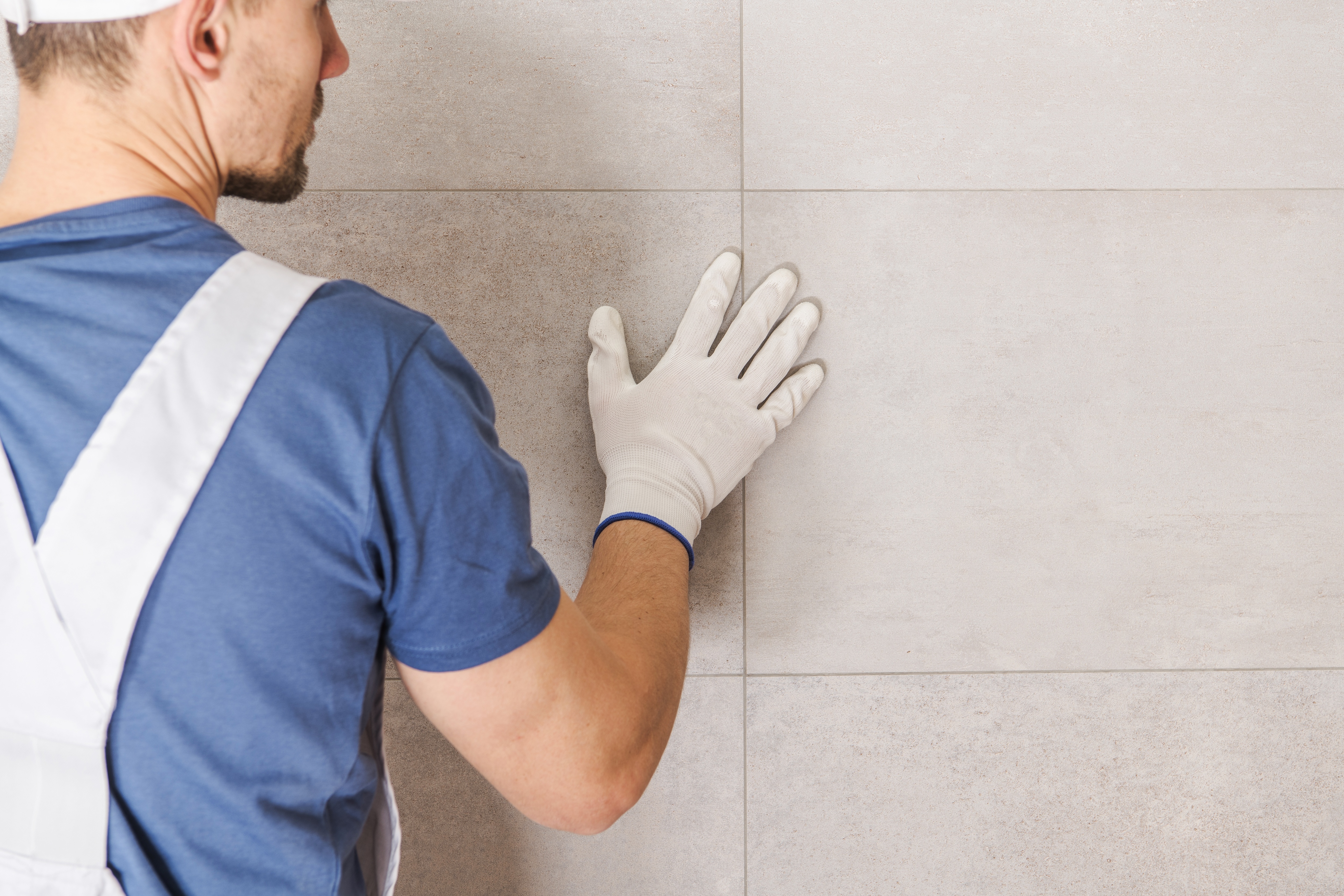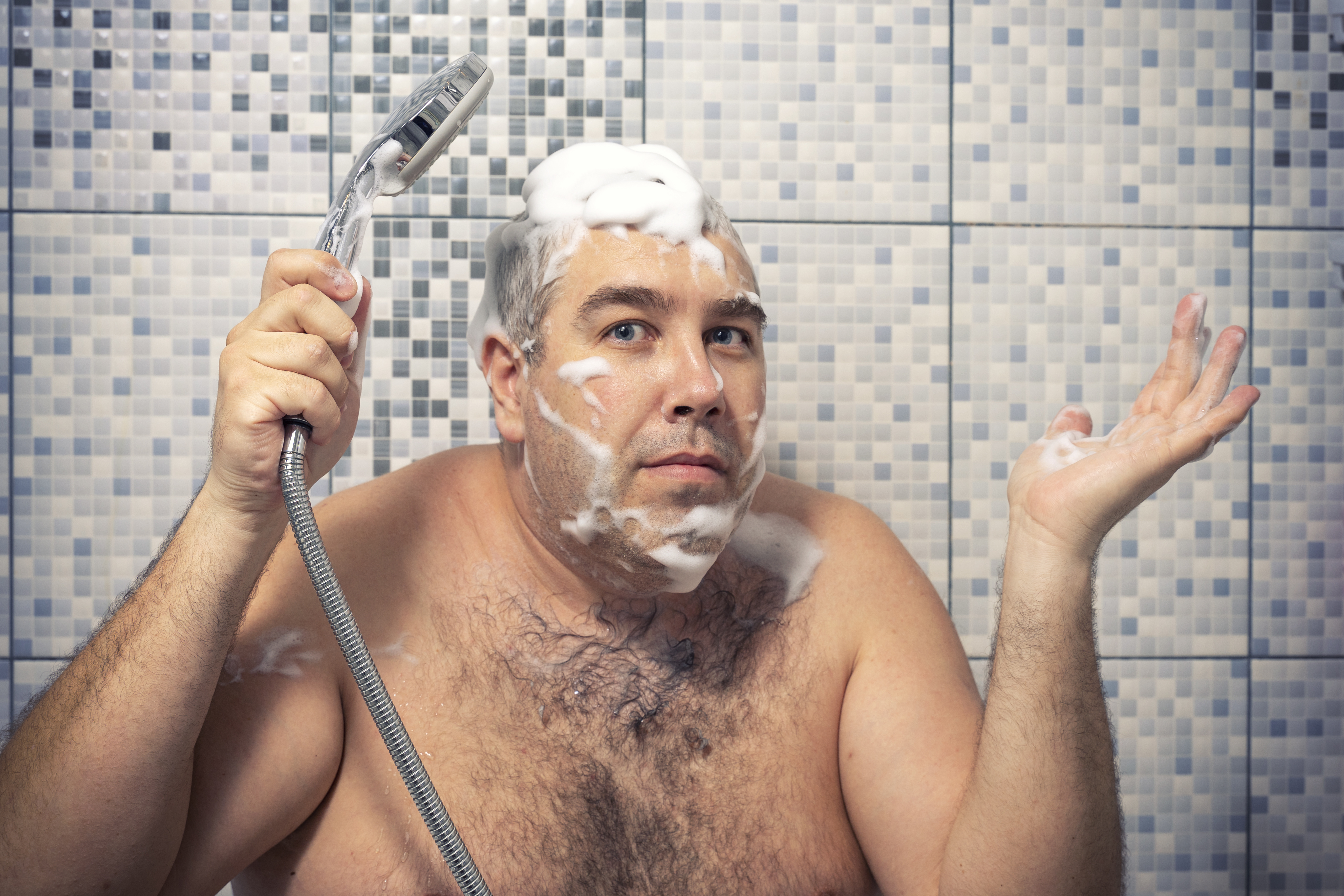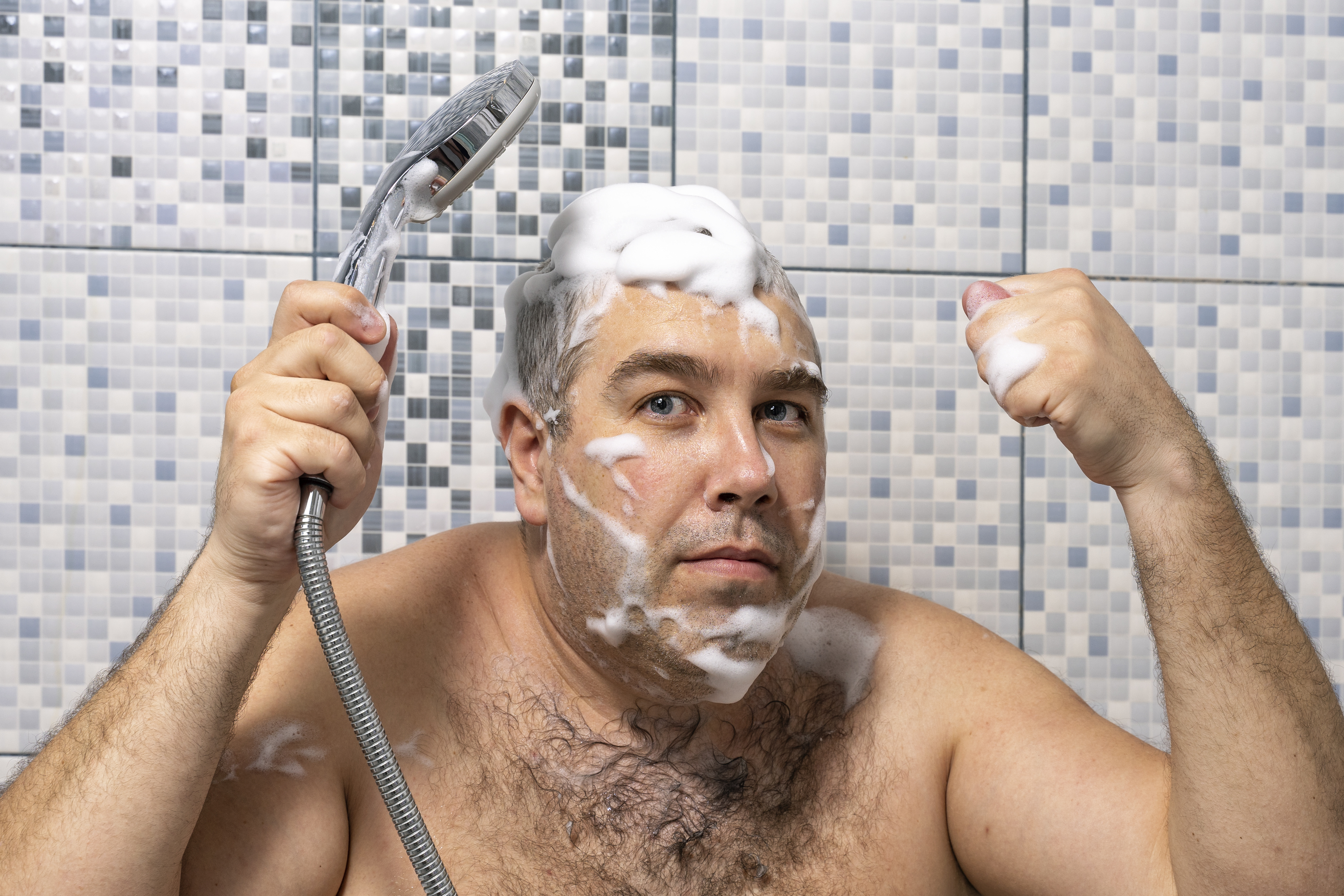
Imagine: You’re in the shower, staring blankly at the wall trying to figure out what’s wrong. Your eyes glaze over. You think about what you’re going to do at work. Then suddenly your eyes come back into focus. There’s a huge crack in the tile you’ve been staring at! How could this have possibly happened to you?
The most common reason that shower tiles crack is that they are made of materials that aren’t resistent to water. The best way to ensure that your shower tiles will last is to buy tiles that are less likely to crack. Porcelein, stone, and ceramic tiles are the best in this regard.
But what makes tile choice so critical? Shouldn’t any water repellent substance work fine when it comes to keeping the shower nice? And what elso could potentially be causing your shower wall tiles to show signs of wear and tear?
Choosing The Right Tiles
When it comes to shower tiling, it’s easy to assume that whatever tile you pick up from the hardware store is going to work fine. After all, tiles are meant to be waterproof, right? If that’s true, then any tiles will work fine.
However, That isn’t entirely the case. Many tiles are only rated as “moisture-proof,” Meaning that they’ll prevent condensation from traveling from one side of the tile to the other but still might just outright leak.
Moisture-proof tiles are fine for bathroom floors or kitchen walls, but won’t cut it for showers, where water will be coating the walls pretty much every single day.
The problem with tiles that aren’t totally waterproof is that underneath those tiles is usually some substance that needs protecting from water, like wood or concrete. If either of those materials spend an extended amount of time wet, it can lead to warping or rot.
Tile is fairly rigid, so it won’t bear warping well at all. If whatever base the tile is attached to begins to see damage, it’s extremely likely to come through in the tile as well. This can manifest as hairline cracks in your tiles, which will need quick fixing.
Waterproof ties, on the other hand, will protect whatever is behind them from damage. However, even if you have the right tiles, you might still end up with structural damage from water.
When picking out your tiles, look for tiles that are ceramic, porcelein, or stone, and make sure to check to see if they’re rated as waterproof. If they aren’t, you’ll need to keep looking until you find some that are.
Proper Installation

For many of the same reasons that the wrong tiles can lead to damage down the line, improper instalation can let water into the structure behind the wall and cause damage there.
When installing tile walls, you’ll need grout, adhesive, waterproofing treatment, and a few other important materials.
To make sure they all play well together, it’s generally a good idea to make sure that they’re all from the same manufacturer. However, this is much less important than making sure that what you have is good quality.
It’s especially important that the adhesive that attaches the tile to the waterproofing beneath it is applied properly.
Fix Plumbing Problems
It can be really hard to tell whether or not you have a problem with your plumbing. However, since plumbing tends to run behind the walls of a shower, a plumbing problem could spell doom to your entire set up.
Do not ignore plumbing problems. Installing tile is expensive and miserable, but replacing it over and over again because you have a leaky pipe that’s causing damage to all of your tiles is even more miserable.
If you think that you’re having a plumbing issue, contact a plumber while you’re preparing to install your tile walls.
Pest Control
If you have wood behind your tiles, there are all sorts of pests that could be causing damage to it. Pests like rats, roaches, and termites are all awful for humans, but it’s important to remember that they can often be damaging to the structure of your home as well, and any structural damage behind your tiles can cause cracking.
There are several measures that you can take to prevent pests from getting into your home. Keeping garbage disposals clean, moving trash cans away from sinks, and making sure that there aren’t any tree branches near the open windows of your home.
Prevent Sudden Impact
Another common reason that tile can end up damaged is because of sudden impacts. Bearing a heavy load for to long can also cause problems but that seems unlikely to be a problem for a shower wall.
Sudden impacts, however, might be, especially if you have old people or teenage boys living in your home.
Make sure that your shower has the proper precautions taken to keep your elderly relatives from falling, since any fall bad enough to hurt them could also potentially hurt your precious tile walls.

Teenagers can be risky for different reasons. Make sure that the youths in your home have the space that they need to keep a calm disposition.
While the place most likely to recieve damage is the wall immediately adjacent to your son’s (or grandson’s) computer, as a former teenage boy I can tell you that no wall is truly safe from the fists of a frustrated young man.

Remember that there’s no shame in taking anger management seminars, or in sending your son to the same. Many people struggle with the same issues, and your shower walls will thank you for years to come.
Other Structural Problems
Sometimes the stuff behind your tiles has sustained damage through no fault of your own, and there’s absolutely nothing that you can do to prevent it. Whether the joists have expanded due to a sudden temperature change or the concrete that your tiles rented up against was just really old, sometimes your house is just out to get you.
If this is the case, you may just need to bite the bullet, fix the problem, and install new tiles. The world is a terrible place and it looks like your hubris has finally caught up to you.